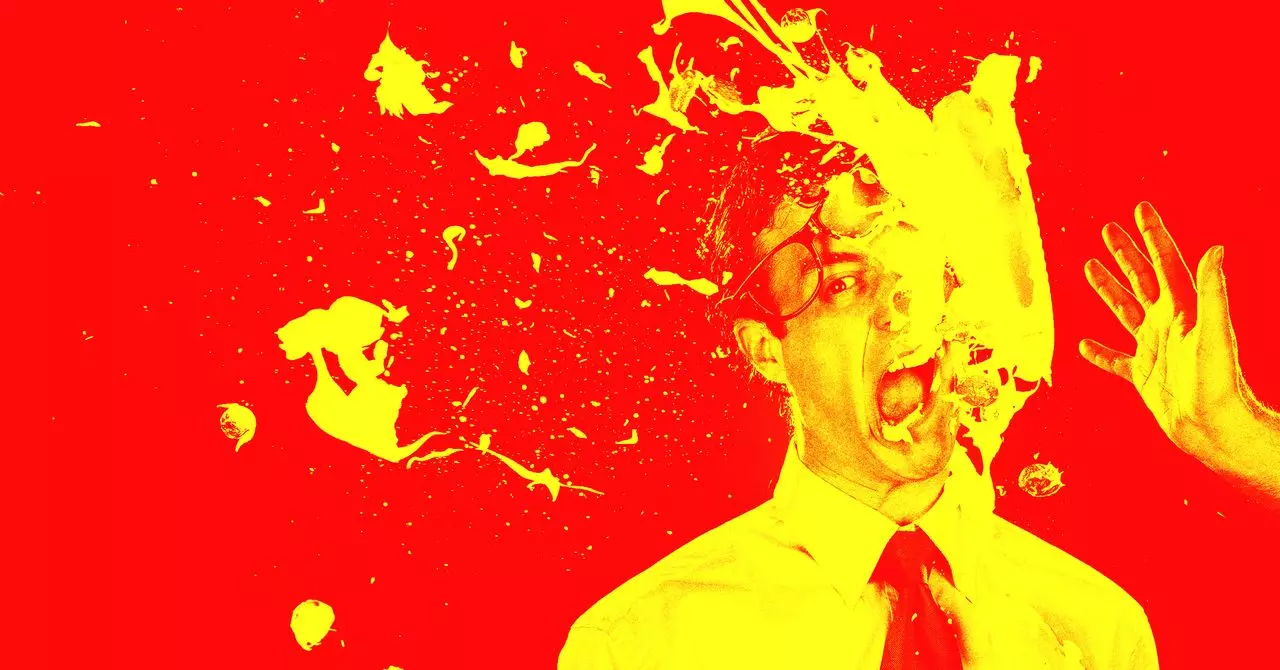Duolingo’s green owl mascot once symbolized a fresh, engaging approach to language learning, widely embraced by a younger audience through viral content on TikTok and Instagram. The app’s social media presence was a marketing success story, creating a community of users motivated not only by the utility of the platform but also by its relatable personality. However, this rosy image unraveled dramatically when the company announced a pivot to becoming an “AI-first” enterprise. The revelation that Duolingo planned to cut back on human contractors, opting instead to automate tasks with generative AI, prompted an outcry among its core demographic. Users expressed anger, some deleting the app despite losing their valuable streaks and progress — a clear sign of how deeply the backlash ran.
Understanding the Root of the Backlash
The intense emotional response isn’t simply about Duolingo’s decision in isolation; it taps into a broader cultural unease surrounding AI’s rapid integration into the workforce. While many Americans have embraced ChatGPT and other AI tools for their convenience and creativity-boosting capabilities, there is also growing resentment. A significant factor driving this resentment is the fear of job displacement. Duolingo’s move to reduce reliance on human contractors—though still maintaining a framework where AI content is overseen by learning experts—seemed emblematic of a trend where technology is prioritized over human employment. The public comments on Duolingo’s social media highlighted anger that went beyond the company, touching on anxieties about automation reshaping human roles in the workplace.
Duolingo as Part of a Widespread Industry Shift
Duolingo is far from alone in this approach. Other tech giants like Klarna and Salesforce have similarly announced plans to harness AI in reducing staff requirements, especially in customer service and engineering. This reflects a decisive shift across many sectors, where AI is framed as a tool for efficiency and cost-cutting. The emergence of “agents,” AI-driven software designed to automate complex tasks, signals an evolving reality in which large swaths of work could soon be managed by algorithms rather than people. While this promises productivity gains and lower operational costs, it also ignites real concerns about the social consequences of widespread AI adoption.
More Than Job Loss: A Spectrum of AI Critiques
The controversy surrounding Duolingo and similar companies is just one piece of a larger puzzle. The skepticism toward generative AI encompasses multiple, intertwined issues. AI’s tendency to produce errors—even critical mistakes—raises questions about its reliability in professional contexts. Furthermore, the enormous computational power required for AI training and operation imposes significant environmental costs, a factor often overlooked in technology discussions. On the user front, the psychological impact of interacting with AI—especially regarding dependency and mental health—adds another layer of complexity to its societal implications.
The Cultural and Legal Battleground Over Creativity
Perhaps one of the most contentious aspects involves copyrights and artistic ownership. When generative AI systems are trained on millions of existing works without explicit permission, they spark controversies over intellectual property rights. Many artists and writers have vocalized their opposition to having their creative labor exploited without compensation or consent. This tension reached a peak during the 2023 Hollywood writer’s strike, where fears of AI replacing human storytellers became a rallying point. Alongside this, ongoing lawsuits filed by publishers and creative professionals aim to establish legal frameworks that could limit AI’s unchecked use of copyrighted material.
Why This Moment Matters
The narrative unfolding around Duolingo captures a critical juncture in technology adoption—one where innovation clashes with ethical and social values. The initial awe around AI’s novelty has swiftly given way to a more nuanced recognition of its shortcomings and consequences. People are no longer passive observers but active critics and stakeholders who demand accountability from corporations adopting AI-powered automation. This evolving dynamic will likely define not just the future of work but how society negotiates the balance between technological progress and human dignity. Whether Duolingo and similar tech leaders can navigate this fraught landscape without alienating their user base remains to be seen, but the stakes are undeniably high.

